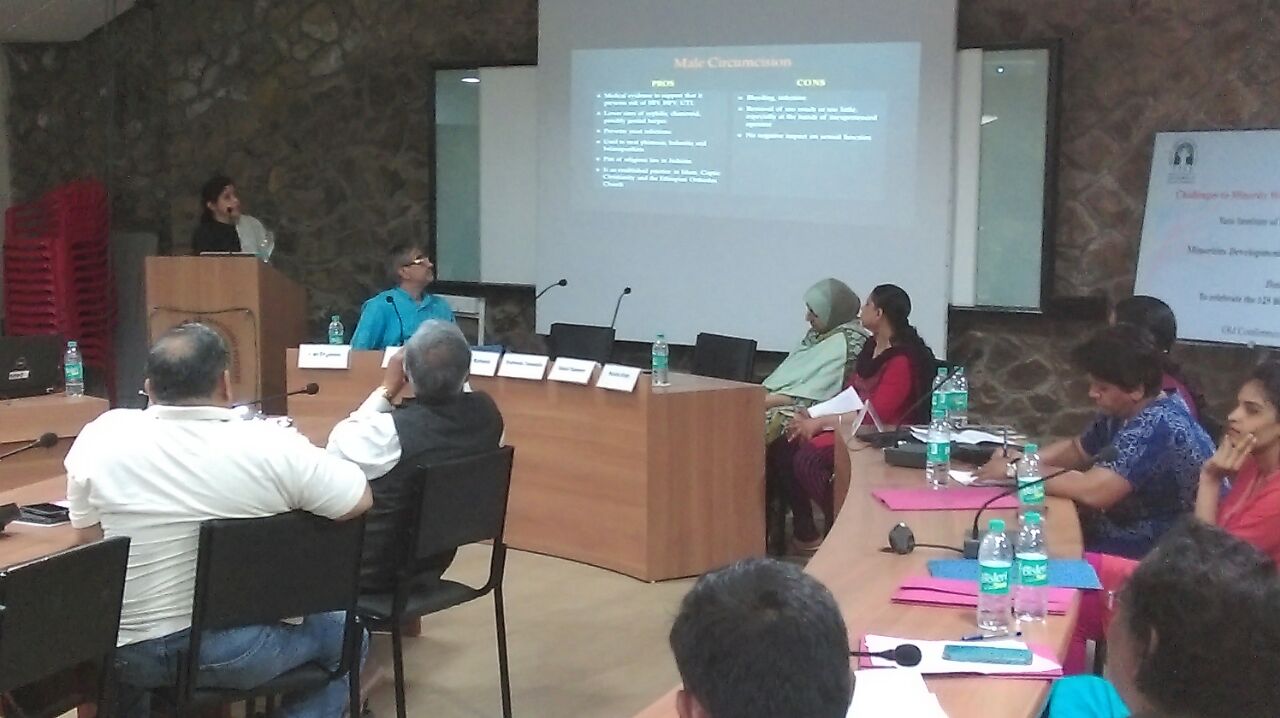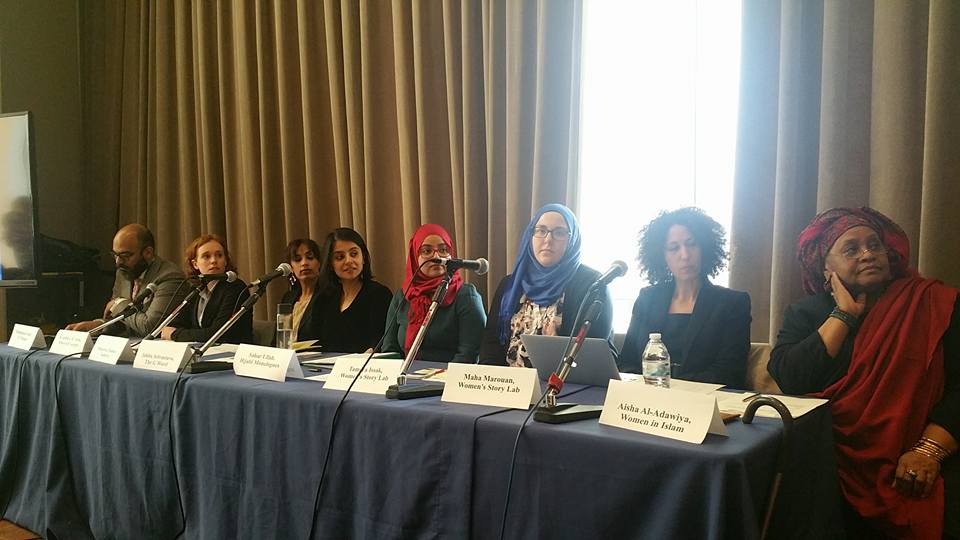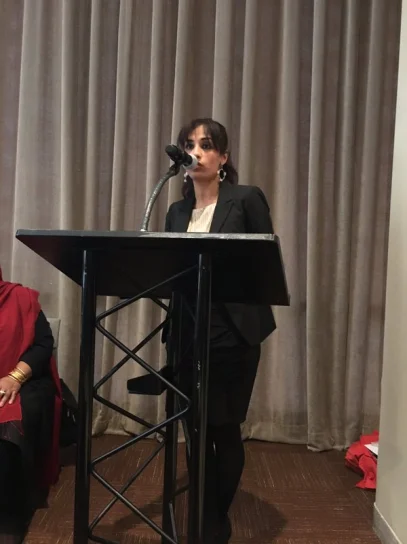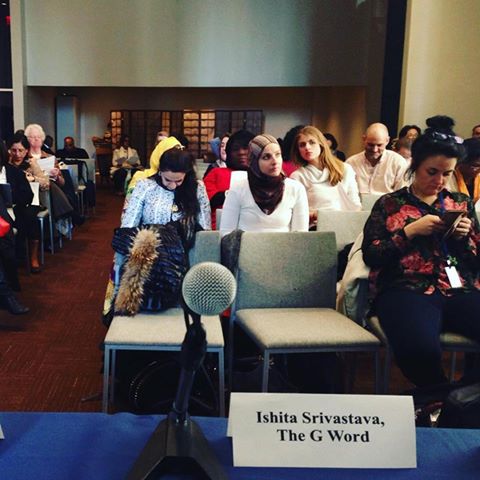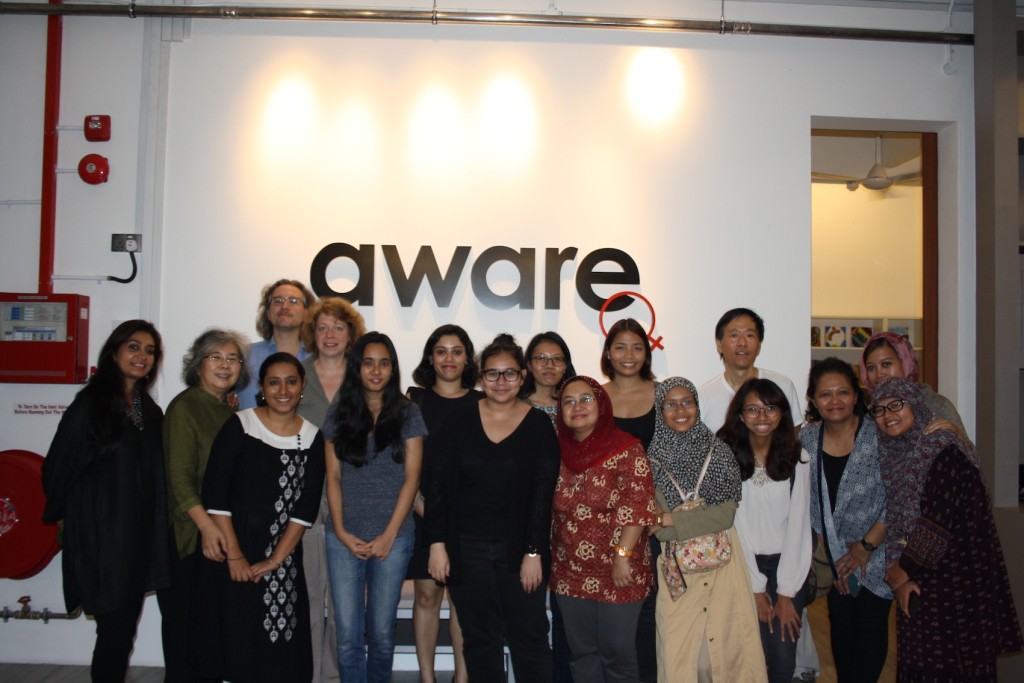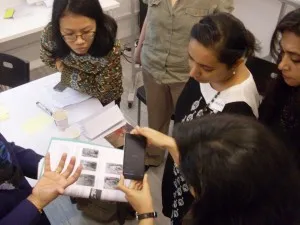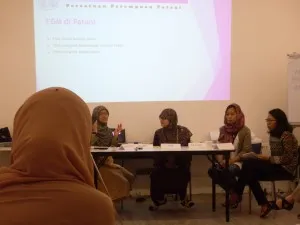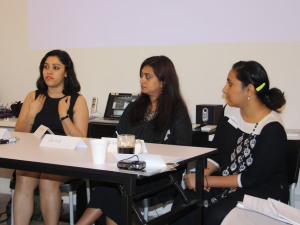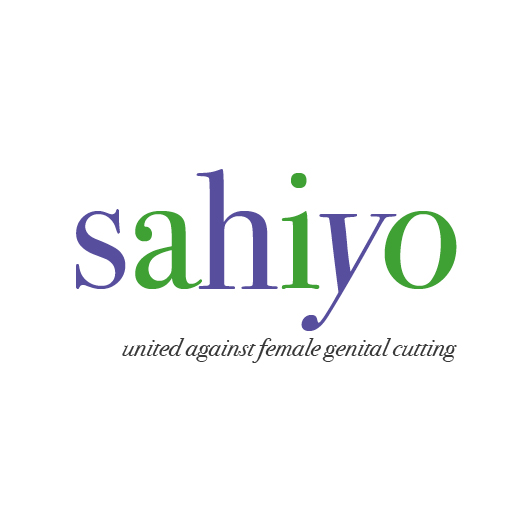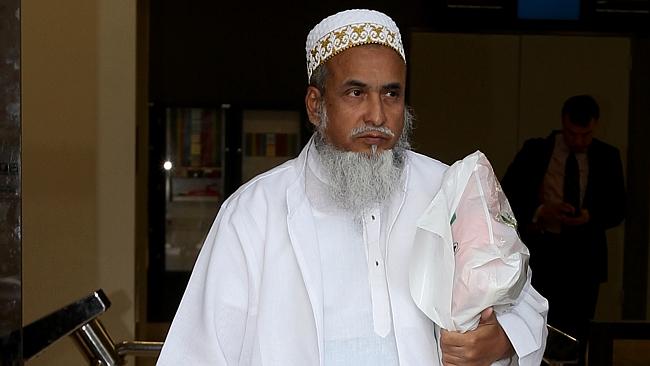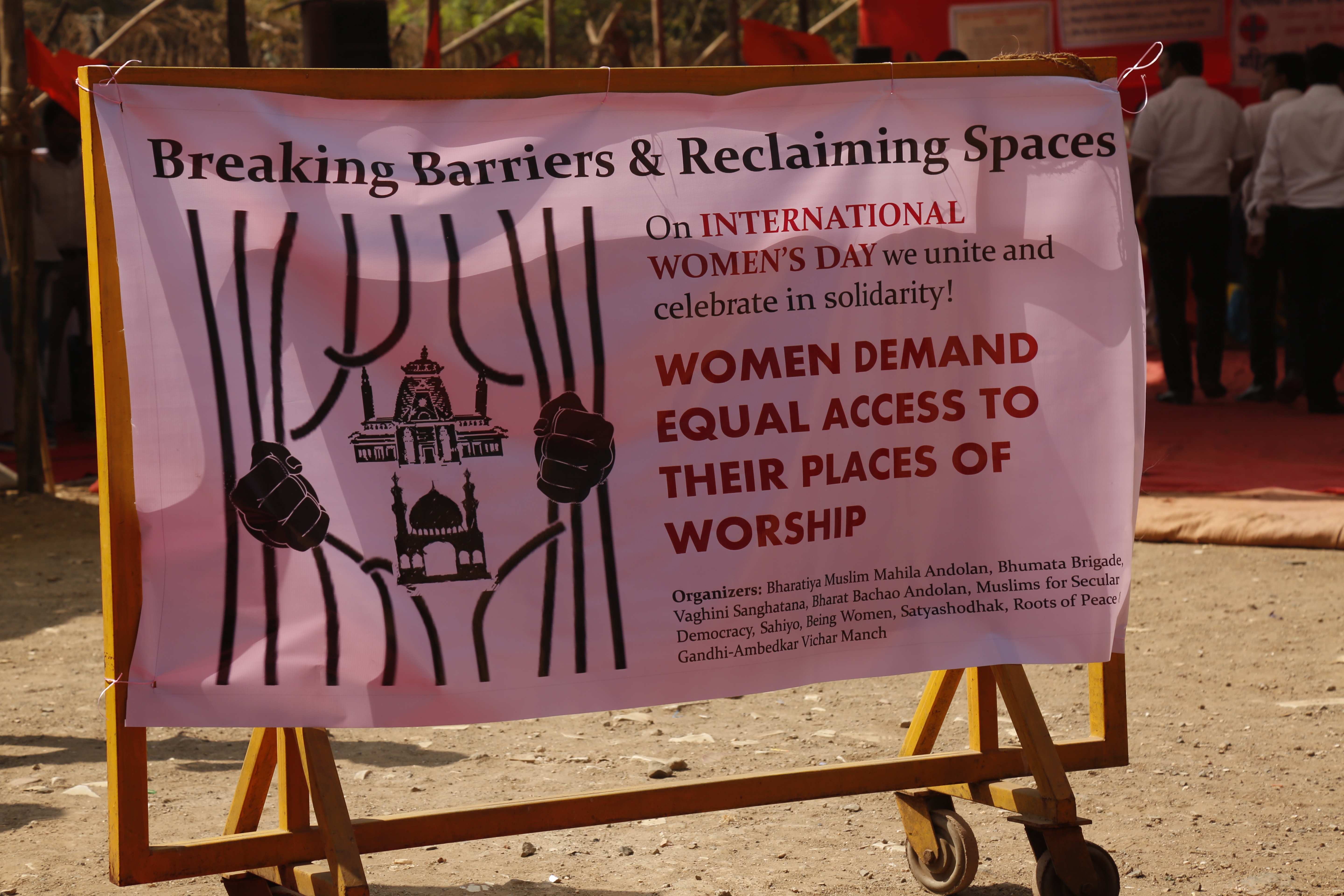2023
2022
2021
2018
- Orchid Project: Bohra – Pakistan Fact Sheet
- Orchid Project: Bohra – India Fact Sheet
- A Secretive Sect Opens A Debate on Female Genital Mutilation
- I Spoke Out About My Private Trauma. My Community Didn’t Want To Listen
- Demystifying the practice of khafd in the Dawoodi Bohra community: A commentary on the WeSpeakOut report from India
2017
- The BMJ – Aarefa Johari: Why doctors need to speak out againt female genital cutting in India
- Female Genital Mutilation: The Revolting Obligation of Celebration
- World in Progress: Ending Female Genital Mutilation
- 82% Dawoodi Bohra Women Unlikely To Let Their Daughters Undergo FGC
- 65% ignorant of what has been cut: Khatna Survey
- It scarred me for life: Dawoodi Bohra women speak out on the trauma of female genital cutting
- Growing mumurs against Female Genital Mutilation in India
- Voices of dissent against FGM ban grow
- I Underwent Genital Mutilation as a Child – Right Here in the United States
- Doctor’s arrest brings attention to US female circumcisions
- Bohra activist against female genital mutilation says veil of secrecy keeps women from speaking out
- We the Women: Horror of Female Genital Cutting
- Bohra women want an end to the practice of “female genital cutting”: Sahiyo report
2016
- No More Female Genital Mutilation: Dawoodi Bohra Women Crusade
- The Secret is Out: Banning Female Genital Cutting in India
- India urged to ban FGM as women break silence on secret ritual
- 50 years on, Canada lawyer yet to get over her circumcision trauma
- Stop female circumcision, Dawoodi Bohra authorities tell community members in Australia
- After Australia, Bohras in London asked to stop practising female circumcision
- FGM: India’s Dark Secret
- Dawoodi Bohras in London Told to Stop Female Circumcision
- Cafe Dissensus: Female Genital Mutilation (Issue # 25)
- The Heart – Mariya Karimjee’s interview
- Rival Syedna denounces female genital mutilation, kindles hope
- Bohra men must speak up to save their daughters from female circumcision
- Bohra leader upholds female circumcision in countries where it is not banned
- Three sentences for female circumcision in Australia
- Australian verdict on FGM issue becomes talking point in city
- A rebellion inside a small Indian sect seeks to end a brutal custom: female genital mutilation
- The Economist prompts outrage as it backs ‘minor FGM’
- #GoodMuslimBadMuslim – Podcast discussing FGC in the Bohra Community
- Farzana Doctor Talks about FGC in Bohra Community From Canada
- Battle Within Tiny Indian Muslim Sect on Circumcising Girls
- Only 1 in 10 who underwent FGM want it done on daughters
- Pulse: Cut ‘cutting’ in India
- Bohra Muslims are more vocal now, about ending FGC or ‘khatna’. Will things change?
- I oppose khatna because…
- Female Genital Cutting in India: Women and Men Come Together to Share Their Stories of Khatna
- Female genital mutilation: Muslim sect leader sent to jail in legal U-turn
- “Vacation Cutting” – A Terrible Misnomer for Female Genital Mutilation
2015
- Indian Women who are fighting to stop genital mutilation
- Damage by Mariya Karimjee
- Australia’s first female genital mutilation trial: how a bright young girl convinced a jury
- How a film on female circumcision in India is making people demand a ban on the practice.
2012


